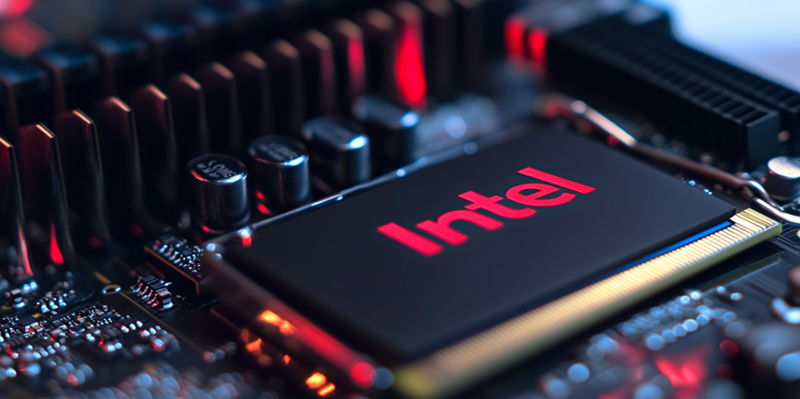In a surprising yet somewhat expected move, Intel CEO Pat Gelsinger has stepped down amidst a turbulent year marked by significant challenges and underperformance. This development follows the company’s string of setbacks, including a 52 percent plummet in stock value over the past year. While on the surface, securing a $7.86 billion grant from the U.S. CHIPS Act seemed like a step toward recovery, it has proven insufficient in offsetting the deep-seated issues within the company. Gelsinger’s departure comes as Intel grapples with strategic missteps that have placed its market position in jeopardy.
Challenges and Missteps
One notable misstep was Gelsinger’s comments regarding Taiwan’s stability, which strained the company’s vital relations with TSMC—a key partner in chip manufacturing. This tension led to a canceled deal that could have provided Intel with considerable financial benefits, further compounding its woes. Furthermore, Intel’s foray into discrete graphics has been lackluster, with its market share falling to zero. The company’s flagship products, such as the Core Ultra 9 285K, have faced mixed reviews, failing to meet the high expectations of critical industry reviewers. The earlier 14th Gen CPUs also required patches shortly after release to address initial issues, further tarnishing the company’s reputation.
Intel’s inability to recover and stabilize has allowed competitors like AMD to capitalize on the opportunity, gaining considerable ground in the market. AMD has particularly shone in the desktop CPU space, increasing its market share by 10 percent in the past year. This competitive edge is not confined to desktops; AMD has also overtaken Intel in data center sales, thanks to the success of its AI-compatible Epyc and Instinct chips. The advancement of 3D V-Cache technology is another critical factor enhancing AMD’s market appeal, with anticipation growing around its integration into future products.
Looking Forward
In an unexpected yet somewhat predictable turn of events, Intel CEO Pat Gelsinger has resigned during a turbulent year filled with major challenges and disappointing performance. This move follows a series of setbacks for Intel, including a staggering 52 percent drop in stock value over the past year. Initially, securing a $7.86 billion grant from the U.S. CHIPS Act appeared to signal a path toward recovery. However, this financial boost has not been enough to resolve the company’s deeply rooted problems. Gelsinger’s exit occurs as Intel contends with significant strategic errors that have jeopardized its standing in the market. These issues have raised serious questions about the company’s leadership and future direction. The tech giant is now at a critical juncture, needing to rethink its strategy and rebuild investor confidence. As the competition intensifies, Intel’s ability to navigate through these turbulent times will be crucial in determining its long-term success and stability within the fiercely competitive tech industry.

